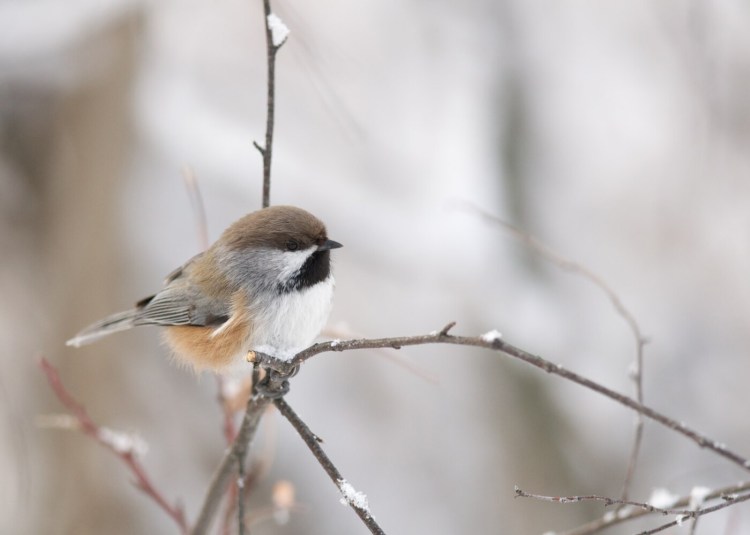I recently read a very important book, “Dangerous New World,” a wonderful and very important collection of columns and poems about climate change. Meghan Sterling and Kathleen Sullivan did a superb job of selecting Maine writers for this book, published by Littoral Books.
In the introduction, Sterling and Sullivan explain: “We sought work that spoke to the stunning new realities of this dangerous new world, especially in Maine. The Maine artists in this anthology do not shirk from giving voice to the physical devastation of climate change nor from the difficult questions about who we humans are to have let this happen and how we have failed, to date, to address it in any substantial way.”
I join them in hoping that this book energizes us to come together with bold action to save our life as we know it here in Maine, and our life on the planet. As Gov. Janet Mills wrote in the foreword, “I wonder whether… my grandchildren will live in a Maine that I would not recognize … Climate change threatens everything that is fundamental to us as a people and as a state.”
It is indeed our grandchildren and great-grandchildren who will suffer if we don’t act now to save our planet. Do you really want them to blame us for their suffering? I sure don’t.
Climate change is already having a significant impact on Maine, especially on our commercial fisheries that have been harmed by the warming ocean.
While we should all be distressed by our federal government’s failure to act, a lot of states, including Maine, are doing what they can. For example, in New Jersey they have torn down 640 properties that were likely to be wiped out by the rising tides. More than eight states are taking action like this.
In Nebraska, they’re debating moving an entire town threatened by floods from the Elkhorn River, which is blamed on climate change.
Here in Maine, Gov. Mills has led us to establishment of some important goals for dealing with climate change. And we have a number of initiatives underway to get us started towards achieving those goals. For example, we’re feeding seaweed to cows to see if it will reduce the greenhouse gas emissions that contribute to climate change. About a quarter of the methane in our country comes from cattle, which produce the gas when they belch or flatulate.
And recently the governor wrote an exceptionally good letter urging Congress to act, including helping rural states like Maine achieve our goals. The House of Representatives actually has a committee working on the climate crisis. Unfortunately, in the dysfunctional Congress and presidency, there is little hope that they will act. Appallingly, President Trump not only denies our climate is changing, he is trying to restore the coal industry and eliminating a lot of our environmental protections.
Sterling explains this challenge well in the book’s afterword, where she worries about the impact of climate change on her daughter: “This is what you have in your hands. The dreams we have for future generations hang in the balance if we do not change course. We knew we needed to use our collective talents and abilities to rise up, make demands, be kind, be big. By supporting this literary endeavor, we hope you feel less separate from what’s happening and find power and voice in this truth: there is great love at work in the world.”
I can’t begin to summarize all the exceptional columns and poems in “Dangerous New World,” which includes a section of stunning artwork. I hope you will obtain a copy, read it and share it with family and friends. And I hope it inspires you to act personally and politically to address the critical problem of climate change.
George Smith can be reached at 34 Blake Hill Road, Mount Vernon 04352, or georgesmithmaine@gmail.com. Read more of Smith’s writings at www.georgesmithmaine.com.
Send questions/comments to the editors.


